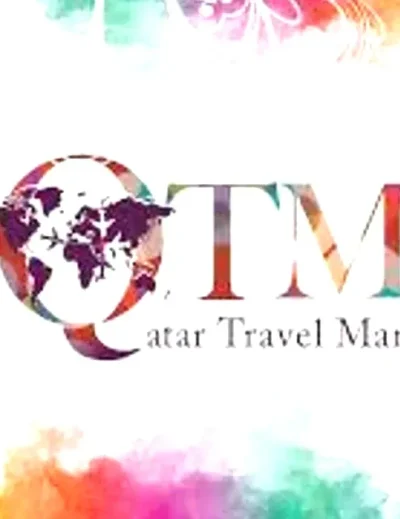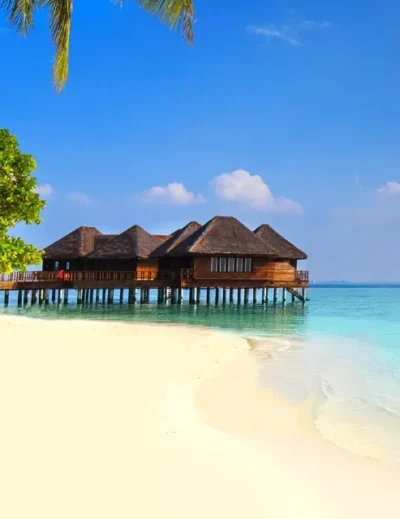
Africa is being called to lead global tourism not just host it
Tourism has long been described as one of Africa’s sleeping giants. With its vast wildlife, diverse cultures, heritage sites, and coastlines stretching thousands of kilometres, the continent has everything it takes to be a global tourism powerhouse. Yet, according to UN Tourism, Africa accounts for just around 5% of global tourist arrivals.
A recent call by Shaikha Al Nowais, the Secretary-General of UN Tourism, urged Africa to rethink its position in the global tourism chain. This call to action is based on the belief that Africa, with its young population and some of the world’s fastest-growing tourism markets, is the future of global tourism.
But what does it mean for Africa to lead, not just host, tourism? And what opportunities lie ahead if the continent embraces this role?
Why leadership matters
For decades, African tourism has been measured by visitor numbers, the more arrivals, the better. But leadership goes deeper than that. It’s about setting the rules, shaping narratives, and influencing standards so that tourism works for Africans, not just for visitors.
Africa loses billions when most tourism revenue leaves through foreign-owned airlines, hotels, and operators. Leadership means building policies that keep value circulating within local economies, creating jobs, growing small businesses, and empowering communities.
The ecological aspect must also be considered as the continent is home to ecosystems and cultural treasures that the world envies. By prioritising climate resilience and regenerative tourism, Africa can set an example of balancing growth with preservation.
And with the world’s youngest population, Africa has the chance to innovate in tourism tech instead of waiting for solutions from outside.
RELATED: How bilateral tourism could strengthen Africa’s economic standing
The momentum is already building
This call to lead comes at a time when several African countries are already making strides.
Kenya has positioned itself as more than just a safari destination, embracing digital platforms and eco-friendly community conservancies.
Rwanda and Morocco have invested heavily in safety, infrastructure, and branding, successfully marketing themselves as niche destinations for eco-tourism, wellness, and culture.
Mauritius has shown how a small island state can build a globally recognised brand, leaning on its beaches, multiculturalism, and luxury offerings.
And then there’s Nigeria, Africa’s most populous country, which is finally taking deliberate steps to unlock its potential.
Nigeria’s new push to take tourism seriously
A new Draft National Tourism Policy now focuses on sustainability, digitalisation, and integration with aviation and immigration. Domestic tourism is rising too, with nearly 3 million trips in 2023. On the international front, Nigeria is automating short-stay visas, promising faster approvals and better accessibility. Coupled with its global cultural strength in music, film, and fashion, the country has a unique chance to link its creative economy with tourism.
Still, challenges like infrastructure gaps, global perception, and safety concerns need serious attention. But the groundwork is being laid.
RELATED: Kenya Targets 5 Million Tourists a Year
What leading looks like for Africa
If Africa is to truly lead tourism, the vision must be bold:
Ease of travel: Simplified visas, more regional air routes, and stronger intra-Africa mobility so Africans can explore Africa more easily.
Better infrastructure: Roads, airports, electricity, and internet connectivity to open up not just capital cities but hidden gems.
Empowered communities: Tourism that directly benefits locals, from small guesthouses to craft markets.
A strong African brand: Global campaigns that highlight more than wildlife, showcasing African gastronomy, music, heritage, and modern urban life.
Digital-first experiences: Young African innovators creating apps, content, and platforms that attract and guide travellers.
Sustainability: Protecting forests, coastlines, and cultural heritage while creating eco-friendly travel options.
The bigger picture
Tourism is more than just leisure. It’s diplomacy, image-building, and soft power. It creates jobs at every skill level, strengthens currencies, and fuels other sectors like transport, agriculture, and technology.
For Africa, the opportunity is not only to welcome visitors but to influence how tourism works globally, shifting the conversation from numbers to impact.









Leave a Reply